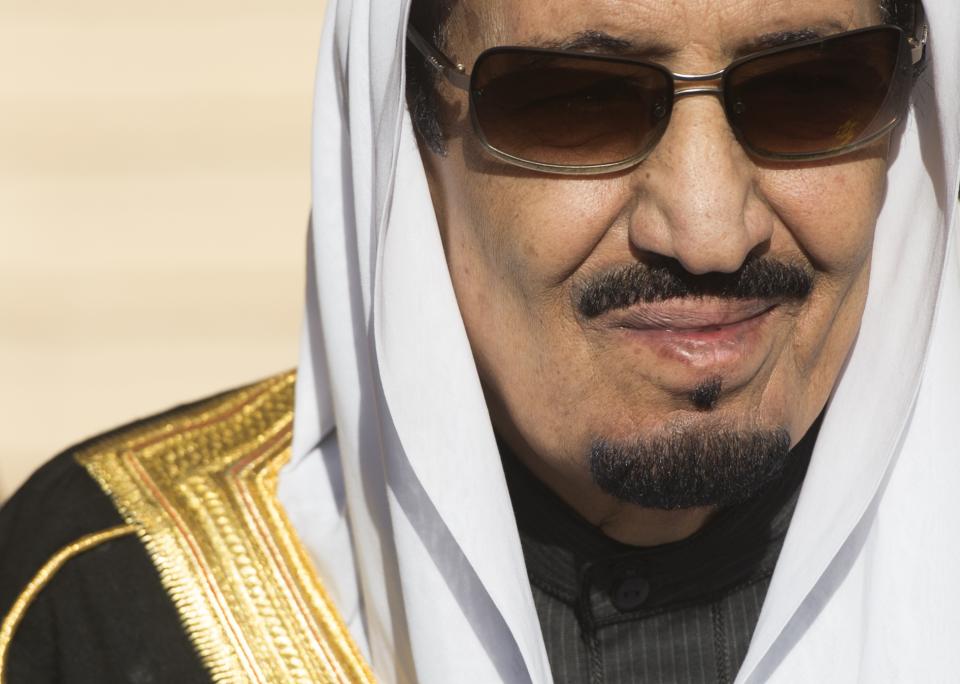
Riyadh (AFP) - Saudi Arabia's new King Salman on Thursday further cemented his hold on power, with a sweeping shakeup that saw two sons of the late King Abdullah fired, and the heads of intelligence and other key agencies replaced alongside a cabinet reshuffle.
The announcement came a week after Salman acceded to the throne following the death of Abdullah, aged about 90."Custodian of the Two Holy Mosques King Salman bin Abdul Aziz al-Saud issued a royal order today, relieving Prince Khalid bin Bandar bin Abdul Aziz al-Saud, Chief of General Intelligence, of his post," the official Saudi Press Agency said.
A separate decree said Prince Bandar bin Sultan, a nephew of Abdullah, was removed from his posts as Secretary General of the National Security Council and adviser to the king.
Two sons of the late monarch were also fired: Prince Mishaal, governor of the Mecca region, and Prince Turki, who governed the capital Riyadh, according to the decrees broadcast on Saudi television.
Another of Abdullah's sons, Prince Miteb, retained his position as minister in charge of the National Guard, a parallel army of around 200,000 men.
Salman, 79, a half-brother of Abdullah, also named a 31-member cabinet whose new faces included the ministers for culture and information, social affairs, civil service, and communications and information technology, among others.
Oil Minister Ali al-Nuaimi, Foreign Minister Prince Saud al-Faisal, and Finance Minister Ibrahim al-Assaf kept their posts in the cabinet of the world's leading oil exporter.
Hours after Abdullah died early on January 23, Salman appointed his son, Prince Mohammed bin Salman, as defence minister.
Powerful Interior Minister Prince Mohammed bin Nayef became second in line to the throne, while Deputy Crown Prince Moqren, 69, was elevated to king-in-waiting.
Moqren would reign as the last son of the kingdom's founder, Abdul Aziz bin Saud, leaving bin Nayef as the first of the "second generation," or grandsons of Abdul Aziz.
In March 2014, King Abdullah named Moqren to the new position of deputy crown prince with the aim of smoothing succession hurdles.
Prince Mohammed bin Nayef, even before he became interior minister, was in charge of a crackdown on Al-Qaeda following a wave of deadly attacks in the Gulf state between 2003 and 2007.
London-based analyst Abdelwahab Badrakhan said Nayef's background implies that as king he would "prioritise security," a fact that "comforts foreign partners, especially the United States," he said.
The appointment helps to solidify control by the new king's Sudayri branch of the royal family, named after Hissa bint Ahmad al-Sudayri, the mother of Salman and his late brother, Nayef.
Their influence had waned under King Abdullah.
Regional heavyweight Saudi Arabia is the birthplace of Islam and home to the holy cities of Mecca and Medina.
Along with other countries in the Gulf, Saudi Arabia has joined a US-led air campaign against the Islamic State extremist group that has seized parts of Syria and neighbouring Iraq. LINK


